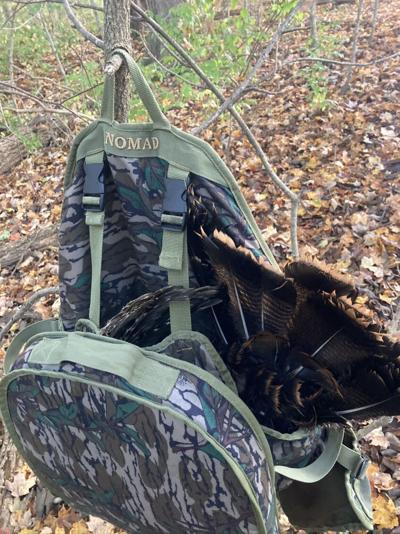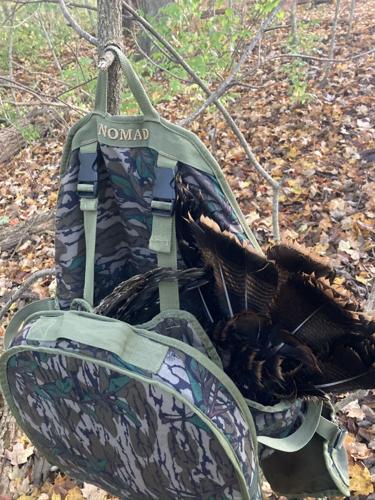Wild turkeys have a way of staying stuck in my head, year-round. I have enough examples to fill an evening affairās worth of conversation at, say, a backyard birthday party or social gathering of friends and family.
The problem is, I have so many turkeys-in-my-head stories that I am constantly afraid that I may be seen as a man who has a one-track mind and, frankly, seen as the weird dude who is constantly talking about turkeys.
As my wife says to me often, āRead the room, Chris.ā I have bored smart, educated people to complete silence and head-bobbing drowsiness too many times to have ignored my wifeās reminder. I am smarter than that, but please believe me, itās the turkeys talking in my head.
I get it. Not everyone is so inclined to listen patiently and nod gently to my third story about a smart, old-wise gobbler that somehow gave me the slip all spring season long, or my constant questioning about if they have been seeing many poults this year and if they thought we were going to have a strong hatch of yearlings this fall.
I have no one to blame for my social awkwardness, and my trying to blame a game bird for my offenses seems rather silly for a grown man. I will try to be better in the future. That is, until this fall turkey season starts in October, and then I am not sure my willpower will be that strong.
After all, the art of fall turkey hunting requires a good deal of strategy and employing years of in-the-field training in the arts of woodsmanship. My evening strategy sessions before a hunt often consist of looking at onX Hunt maps, the prior yearās intel and current field conditions on my various hunting grounds.
Like a general with no army, I am often a party of one at these impromptu evening strategy sessions.
To improve my too-much-turkey-talk behaviors out of season, I have employed the following techniques:
Stories you might like
The first and most effective method is to spend my evenings before the season by reading old turkey hunting books and following the authorās story as if I were part of their hunt. The best preseason medicine I can find is books by Tom Kelly, considered by most as the finest examples of turkey hunting literature ever captured on the page.
My go-tos this summer have been Kellyās āTenth Legion,ā āDealerās Choiceā and āFaces in the Crowd.ā He simply has a wonderful way of taking readers along on his adventures in the turkey woods and, best of all, he hunts both spring and fall for the game bird. A man right up my alley.
My second strategy is one that I stumbled upon, and I am not certain I would trade now for anything: my young dog, Blue. The best thing about him is that heās a great listener and doesnāt talk that much or complain about my ramblings on and on about the bird and his behaviors.
I am not 100% certain how he keeps his daily life organized, whether it be a mental calendar or somehow he marks the days until the opening of the fall season on his food bowl ā it doesnāt matter. He is assisting me with my pregame warm-ups and exercise routine by simply listening.
Our fall season opens on Oct. 14 and runs through Oct. 22 statewide. (What a testament to wildlife conservation and one heck of a wildlife population restoration comeback story, but that topic is for another story.)
It then reopens on Oct. 30 in split seasons for certain counties for an additional week or weeks, depending on the county.
I am counting the days until the opening bell, and so are the people who are tired of hearing me talk about turkeys. Even Blue.
For specific hunting season dates, including the split seasons, counties open in the split seasons, and other information, please refer to the current Hunting and Trapping Regulations Summary at wvdnr.gov.












